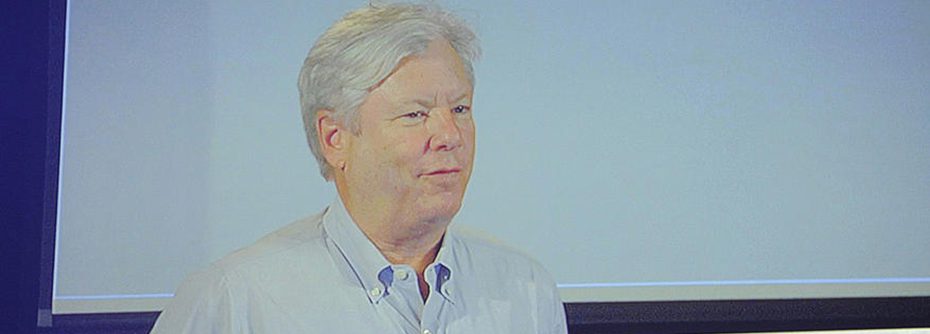Richard Thaler, professor of behavioral science and economics at the Booth School of Business, has spent extensive time exploring the notion that the central agents in the economy are “fallible, error-prone humans” and not the “rational actors assumed in traditional economics.” Thaler, who is considered a founder in the field of behavioral economics, is now releasing a new book on May 18, 2015 that further examines why people love to misbehave in ways that effect the economy so much.
In “Misbehaving” (W.W. Norton & Company) the Booth professor presents evidence about economic misbehaving to show that it is people who determine which businesses thrive, make financial markets so volatile, and prevent trendy restaurants from auctioning off their best tables to the highest bidders. He does so using examples such as: People will not buy a bottle of wine worth the same market price as the one that has appreciated in value in their cellar, but they’ll gladly drink that bottle on a special occasion, or how a husband will be happy when his wife buys him an expensive sweater—one he would not want to buy for himself, because it was too pricey—even though they pool both of their salaries.
“Misbehaving” isn’t Thaler’s only published book. He is the co-author, along with Cass R. Sunstein, of the global best seller “Nudge,” which the concepts of behavioral economics are used to tackle many of society’s major problems.
He has also published a number of articles in prominent journals such as the American Economics Review, the Journal of Finance and the Journal of Political Economy. He has authored or edited four other books: Quasi-Rational Economics, The Winner’s Curse: Paradoxes and Anomalies of Economic Life, and Advances in Behavioral Finance (editor) Volumes I and II.
